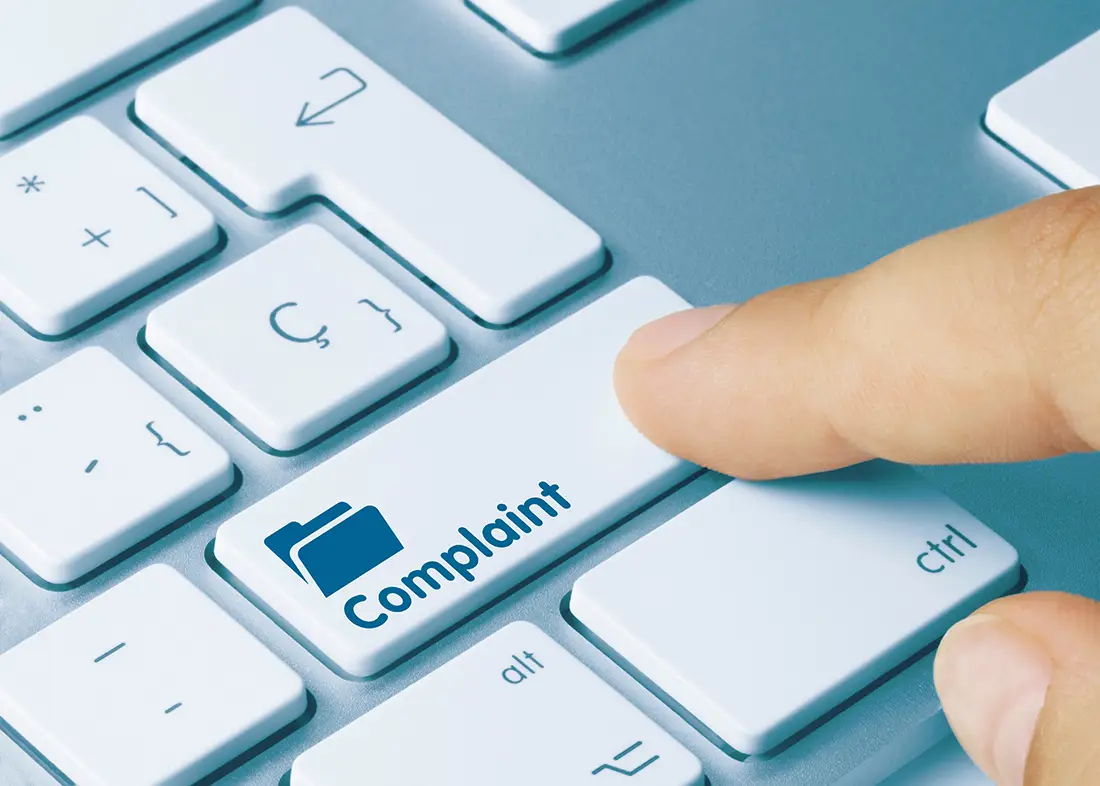A workplace investigation is a process of uncovering facts about a particular incident that occurred in the workplace.
This involves carefully discussing a grievance or complaint for particular misconduct, policy violation, or unethical activity in order to come to a resolution and choose the best course of action.
Workplace investigations are important in maintaining a fair, safe, and productive work environment.
In this blog, we explore how complaints in the workplace can trigger workplace investigations, the various steps employers should take, and how investigations can be conducted promptly.
Why the process matters
Ensuring Fairness: An efficient investigation process helps ensure that all parties involved are treated fairly and objectively. This includes giving both the complainant and respondent opportunities to present their perspectives and evidence. By following a structured process, the investigator can avoid bias and reach impartial conclusions.
Protecting Legal Interests: Following a proper investigation process helps protect employers from potential legal risks. Well-documented and fair investigations can serve as evidence to support the employer’s actions and decisions.
Trust and Safety: Seeing concerns being properly addressed in the workplace builds trust within the workplace. This demonstrates the employer’s commitment to maintaining a safe and respectful workplace.
Preserving Evidence: A structured and thorough investigation process helps preserve critical evidence. Acting quickly ensures the most accurate and detailed information gathered.
When does a complaint trigger OHSA obligations?
Not every complaint or statement in the workplace will trigger the Occupational Health and Safety Act (the “OHSA”) obligations to investigate.
However, if the statement or complaint is related to harassment or violence, it can automatically trigger the OHSA’s responsibility to investigate.
Under the OHSA, workplace harassment is defined as “engaging in a course of vexatious comment or conduct against a worker that is known or ought reasonably to be known to be unwelcome.”
Examples of specific actions that can trigger the OHSA’s obligation to conduct workplace investigations include:
- Company policy violations: Repeated and/or serious offences
- Safety and hazard issues: Workplace injuries
- Discrimination: Based on age, gender, race, sexual orientation, religion, and more
- Harassment: Bullying, threats, intimidation
- Workplace violence: Criminal intent, physical assault
- Criminal offences: Theft, fraudulent practices
It is important to differentiate between general job dissatisfaction and allegations of harassment. For example, complaints regarding job duties, management style, or workplace policies may not meet the threshold for harassment required under the OHSA. Even if the employer is uncertain if the complaint constitutes harassment, they are still obligated to investigate if some or all alleged facts are found to be true.
Who is involved during investigations in the workplace?
A workplace investigation typically involves the following parties:
- Complainant: The person who submitted the complaint or grievance
- Respondent: The person accused of the violation or misconduct
- Witness: The person present during the events, either from observation or personal experience
- Investigator: The person in charge of determining the facts of the case usually involves a Human Resource (HR) professional, legal team, department head, or an independent third-party investigator.
First steps an employer should take
- Acknowledge the Complaint: The first step an employer should take is to acknowledge the complaint as it shows the employee that their concerns are taken seriously. Recording details of the complaint is crucial as it too shows that the employer is being responsive to these situations.
- Assess the Nature of the Complaint: After acknowledging and documenting the complaint, the employer must assess whether it potentially involves harassment or workplace violence under the OHSA. If the behaviour described fits the OHSA’s definition of harassment, then the employer has the obligation to investigate further. Minor complaints may also escalate or reveal underlying harassment issues later as well.
- Determine the Appropriate Response: Once the complaint is assessed, employers must determine the best course of action. If it is an harassment complaint, the employer must initiate an investigation. If it is not described to be harassment, the employer still has the responsibility to respond to the employee by outlining steps that will be taken to address the issue.
How can employers ensure that workplace investigations are conducted promptly?
- Clear Protocols and Timelines: Establish and communicate clear procedures for reporting and investigating complaints by outlining steps to be taken during the investigation process. Investigations should be conducted promptly after an issue is raised.
- Information Gathering: Investigations should involve careful examination of the complaint, interviewing the appropriate parties and witnesses, and collecting all relevant evidence.
- Maintaining Confidentiality: Investigations may involve personal information and sensitive data that can endanger a person if wrongfully disclosed. It is crucial to keep all matters confidential until a final verdict is reached as it may jeopardize the integrity of the process and violate privacy laws.
- Proper Documentation: A thorough documentation of all steps of the investigation, including interviews, evidence collected, and findings is crucial as it creates a clear record and supports the final conclusions.
- Impartial Analysis: Analyze the gathered information objectively to determine what occurred and whether any workplace policies or laws were violated.
- Clear Communication: Keep all relevant parties informed about the progress of the investigation by providing regular updates to complainants and respondents and communicating expected timelines for the investigation process.
Takeaway
By prioritizing thorough and fair workplace investigations, organizations can effectively address serious issues, maintain employee trust, and mitigate potential legal risks under the OHSA. By acknowledging complaints, and determining the correct response, employers can maintain a safe and positive work environment.
If you are an employee or employer seeking advice during a workplace investigation or conducting a workplace investigation, we strongly encourage you to reach out to Sultan Lawyers online or by telephone at 647-951-5925.
Your Case: Our Priority.
At Sultan Lawyers PC, we are the only firm specializing exclusively in employment and immigration law. Whether your case is straightforward or complex, we have the experience and commitment to achieve the best possible outcome. Trust us to navigate the toughest challenges with you.



